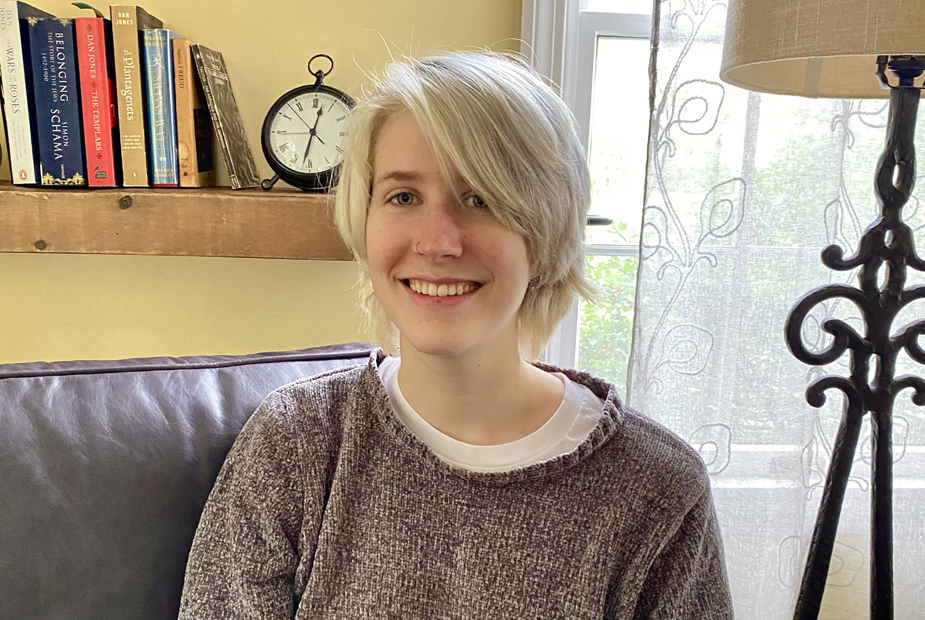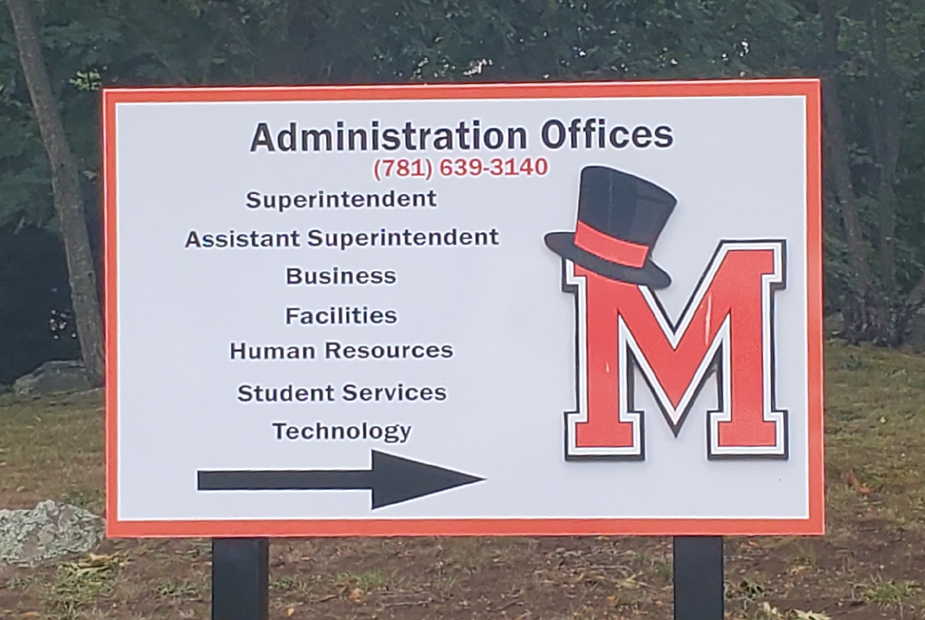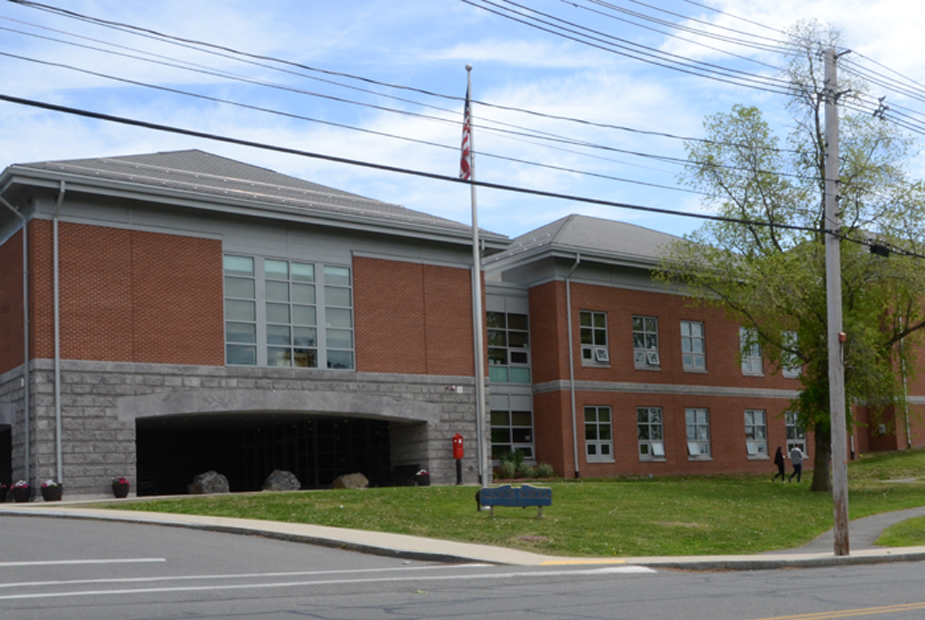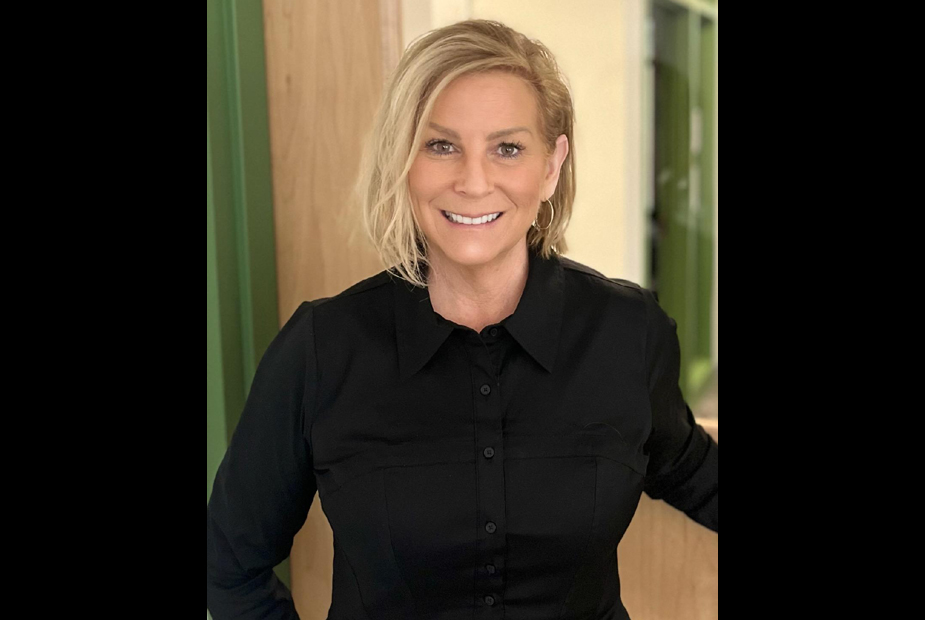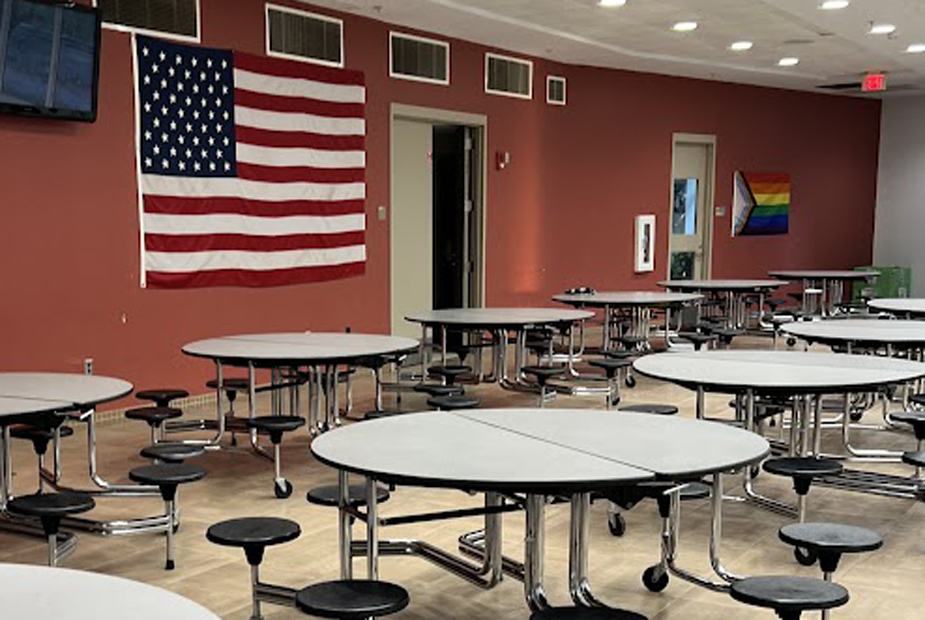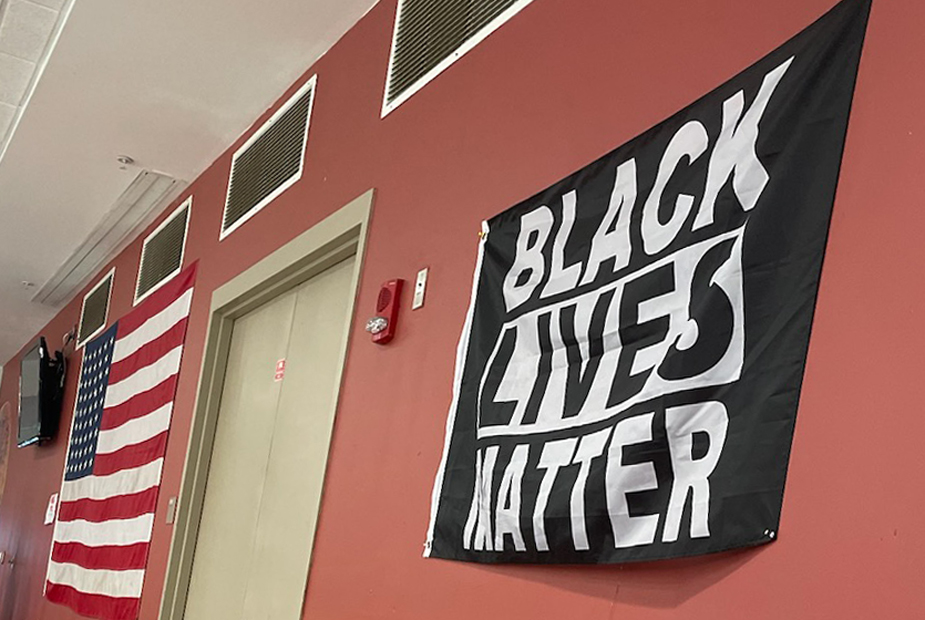First Place Winner - Marblehead Beacon Writing Competition
By Benji Boyd, Marblehead High School Sophomore
$250 Prize Winner - Thanks to Sponsors The Property Twins and Stowaway Sweets
“All of this has happened before, and it will all happen again.” -- J.M. Barrie
A recurring theme throughout every generation is the belief that theirs is special. Today's teenagers are no exception. We may think that we understand the world better than any generation before us, but in our infinite wisdom, we forget that our parents and grandparents thought the exact same thing.
We might know how to operate technology a little better than our grandparents, but our knowledge, like our iPhones, is simply a product of our time. When the television was introduced into the American home, didn’t the teens then think they were modern? Their parents must have been as baffled by changing channels as our grandparents are by Instagram. In their egotism, they may even have forgotten that their grandparents were the first generation to grow
up with electricity. Funny how that works.
Well, what about politics? Surely this generation of teenagers is more woke than any that came before it, right?
The natural cycle of time shows that every generation will be a little more socially progressive than the last, so it's no surprise that political issues have evolved. Generation Z may ask your pronouns, but are we the harbingers of the revolution that we seem to think we are? That remains to be seen. And even so, the battle for progressivism is as much an integral part of America as capitalism and Big Macs. This generation isn’t the first to take to the streets to
defend our future.
Well what about the reality of teenage life? The unique culture of a generation seems to be the only characteristic that does vary over time. But if you examine the major themes of these generational changes, and what older generations don’t understand about them, you’ll quickly notice a pattern. The teens of the present want to be different from their parents, so they seek to shock and innovate through music, fashion, slang, and pretty much any other creative outlet you can think of. Teen culture will be ever changing as new waves of participants enter the youth demographic and the media continues to cater to what it perceives to be ‘in’. However, within these trends and styles, the generation conforms.
The flappers of the 1920s may have rebelled with their boxy silhouettes and mannish haircuts, but the look was as common as Ugg boots in the 2010s. Rockstars in the sixties, seventies, and eighties may have caused an uproar with their gender-bent stage looks, but after the fiftieth Bowie impersonator, it was clear that it was no longer an original idea. Of course, there’s nothing wrong with rolling with the trends. In fact, having defining cultural characteristics of each era is one of the beautiful things about human history. It shows a unity and breadth for change. But eventually, one generation has to face the truth that they’re not the first ones to struggle with their hardships, or rebel from the ways of their elders.
In this way, we’re all the same in the end. And we want the same things: a future we can look forward to and a present to be proud of.
I believe that older generations have the capacity to understand any aspect of the teens of today, if they really try. Through relating this generation’s culture and problems to their own experiences, our elders can find kinship and likeness of mind with us easier than they may think. We’re not aliens, or a strange new species. We’re not even original. We’re all just people, and age is only one of the human characteristics that varies from individual to individual.
If the older generation can’t understand why young people are making up so many new words, I urge them to remember the changes in vocabulary that occurred during their own adolescence. It's perfectly ok to not learn or remember every new phrase being coined by today’s youth. In fact, it's not expected. I think most teens would be a little put off by their grandparents suddenly speaking like a TikTok star. But slang isn’t a new concept, nor is introducing new terms and phrases to better identify ourselves and the world around us. The teens of today are certainly not the only experts.
Common political initiatives championed by today’s youth, such as the rights and protection of minorities and climate change, aren’t exactly unfamiliar to older generations either. Since politics and our interpretations of social constructs are constantly changing, of course beliefs will evolve. And since time passes and society does progress, current problems won’t be the same as they were fifty years ago. Instead of letting these differences divide us and keep the old and the young from understanding each other, we should look at our similarities. If we do, I think older generations will find that the same beliefs that they fought for in their youth are still alive and being fought for today, even if the movement looks different. Furthermore, the politically active teens of today can learn and be supported by their elders, who saw the flaws in their own time and fought to build a better future for all of us.
Why should we deem all older people backwards and unprogressive when the foundations of our current movements were built by their generation? Why should older people feel left out from the youth initiatives when their involvement could be of great value? Throughout history, teens have always been the same. In the end, we’re all just trying to be unique and create the best version of the world in which to live our lives. Do teens understand certain elements of modern life better than older generations? Sure. But do they understand the way the world works on a new level? Are they facing entirely new challenges never before faced? Are they the key to the utopia human society has been striving towards for centuries?
Nope. But we’re working on it.
Benji Boyd is a sophomore at Marblehead High School, where he is an assistant editor at the school newspaper, the Headlight. Last summer Benji attended a journalism program at Boston University, which in part inspired him to pursue journalism back at home. Benji has enjoyed writing all his life and looks forward to contributing to Marblehead Beacon.

